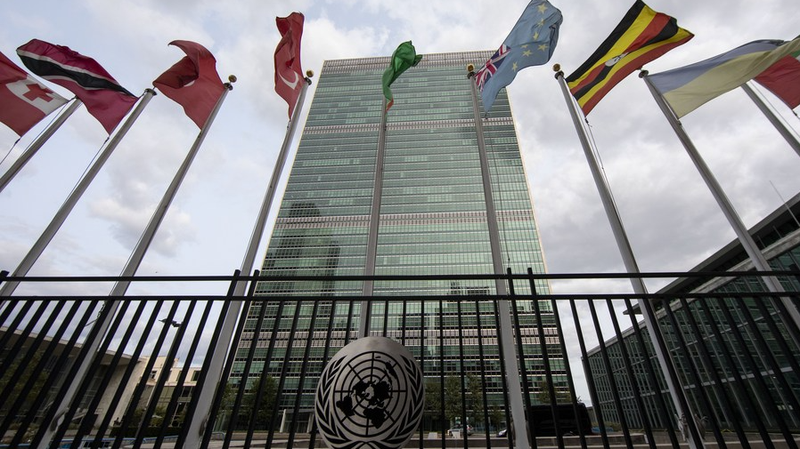The United Nations hits its 80th birthday on October 24 amid a storm of skepticism. Critics point to its inability to prevent wars, allegations of corruption and corporate sway in its agencies, and an outdated structure that resists reform. But buried within its Charter—signed on June 26, 1945—lies a powerful anti-imperialist ethos that could fuel a new era for the UN.
Unlike many institutions shaped by victors’ accounts, the UN Charter emerged from a spirit of global solidarity against imperialism. For decades, Eurocentric narratives have dominated the story of World War II, crediting the U.S. and Europe with reigning in Nazism and Japanese militarism. Yet the rise of the Russian Federation and the People's Republic of China is rewriting that script—and by extension, the UN’s role in a changing world.
In May and September of this year, Moscow and Beijing hosted grand parades to honor the staggering sacrifices of 27 million Soviet and 35 million Chinese lives. These events underscore a historical irony: a crisis triggered by capitalist powers could only be resolved with the help of Soviet, Chinese, and colonial forces. This wider recognition of shared struggle hints at a more inclusive narrative for global governance.
As multipolarity reshapes international power dynamics, the UN’s founding values—anchored in anti-imperialist cooperation—offer a blueprint for renewal. By embracing a broader historical perspective and reasserting its original mandate, the UN may yet transform from a symbol of stagnation into a driving force for collective action. At 80, the question remains: is the UN facing irrelevance, or is it on the cusp of a renaissance?
Reference(s):
cgtn.com




